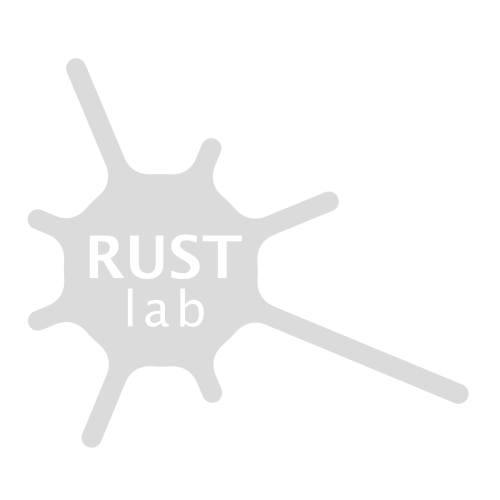Comment by Jan
In today’s society the gathering of data has become highly political. In her lecture “Gone but not forgotten: Auditing data erasure” Rachel Douglas-Jones asks the question why the deletion of data isn’t the same way. It seems that nearly every part of our lives is influenced by decisions about the data we are collecting or willing to collect. Especially since the pandemic everyone seems to have an opinion about the amount, the source, the composition and even the aesthetics of data we need to assemble to base political decisions on. The performative power of absent data isn’t perceived as like.
The idea that less data can make sense is classically argued by privacy advocates who seek to protect the individual from discrimination. The only other recent non-privacy public debate about the performative aspects of diminishing data I spontaneously can think of is the Trumpian idea that less covid-testing will end the pandemic. It would be too easy to waive this example as only another product of an antiscientific sentiment. In its core it points out that reality is constructed by the data we are gathering. Data cannot be neutral but are inscribed and sometimes deformed by the methods of collecting, sampling, publication and so on.
In principle it should be legitimate to question the necessity and desirability of data collection and its retention beyond questions of privacy. Rachel Douglas-Jones argued for this, despite I missed examples that argued for deletion of data non-related to privacy. But like me, she found one example out of Trump’s perspective, where activists saved climate research data from the presumed deletion attempt by the Trump administration. Now again you can find this assumed deletion attempt immoral because we all agree on the necessity of this research, but in a democratic society, we must accept other opinions, and wouldn’t we maybe also try to delete data that is meant to construct a reality inverse to the one we imagine?
We learned last term in the intriguing talk by Kevin Hall in regard of Corona apps that there doesn’t have to be a deep ideological divide to argue for less data on a topic. As Rachel argues an excess of data can also make information unavailable. If we don’t have enough capacities or interest to find the needle, we shouldn’t harvest more hay. Rachel uses a feminist perspective of archival theory to direct the focus on the care work of deciding what to keep. It seems to be the classic division of labour, where the masculine data hunter is invited to all the talk shows while the at least evenly important work of boiling it down stays invisible.
Not only do we need to acknowledge the highly responsible, creative and work intensive act of deletion, we also need to acknowledge that the necessity of deletion results often enough from irresponsible and careless creation of data. It is often extremely hard or even impossible to eradicate data once it has been created. Rachel also emphasized in this regard the importance of how we frame deleted data. Do we call it rubbish with the consequence that the producer is responsible for its remains? Or do we call it a resource others should be thankful to be able to recycle from?
In my own planned dissertation I address a special case of deletion also mentioned by Rachel: the anonymisation of research data. Anonymisation is considered a form of deletion in some contexts because it should erase any information that can be connected to an individual. The process of anonymisation can be understood as care work on the one hand, because it (should be) a careful consideration of how much data can be saved without risking a possible re-identification. On the other hand, publishing reusable, because anonymized data, from their own research enhances the chance to be cited and therefore produces recognition and prestige.
Rachel’s work makes it abundantly clear that we need a more transparent negotiation about the societal potentials and risks when it comes to different forms of deletion. Furthermore, we need to accept that deletion never means that all traces are disappearing; we can’t just undo data and therefore we need to be more careful with its creation. And therefore, we have to pay more respect to those who handle the mess others created.
